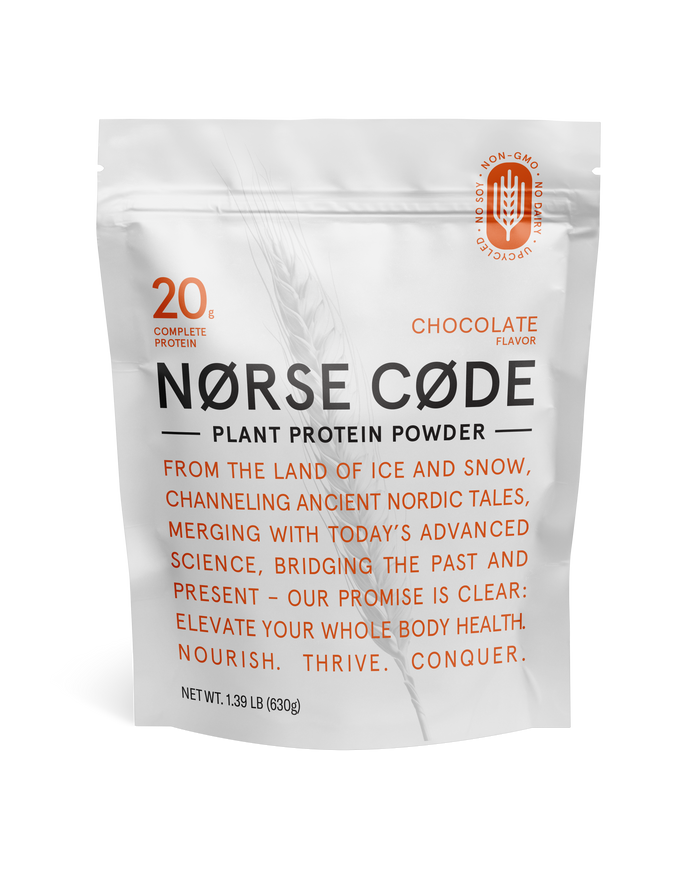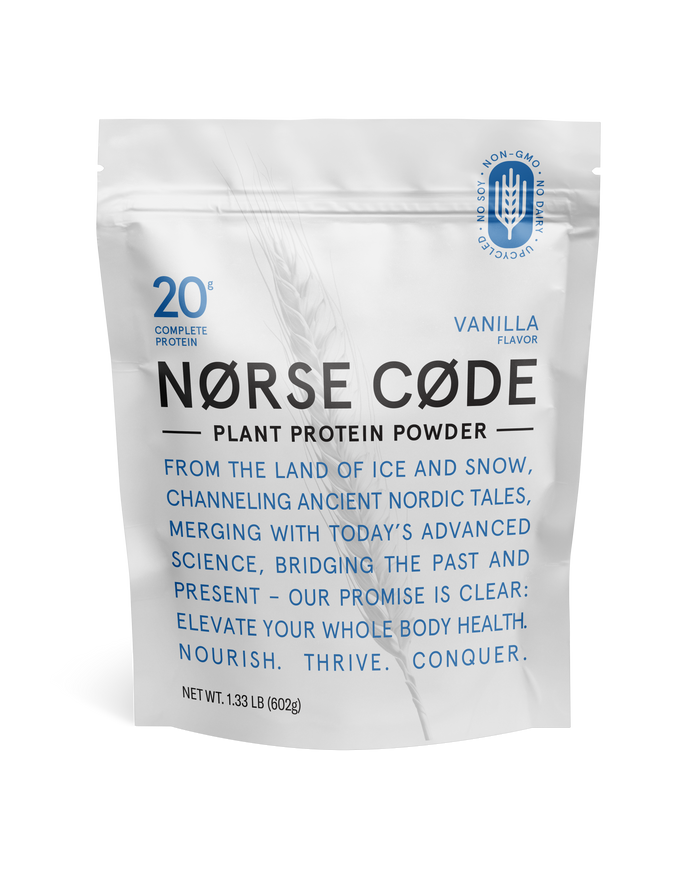
Introduction: In recent years, the surge in plant-based diets has transformed from a fringe health trend to a mainstream lifestyle choice. This shift isn't just about personal health; it's a response to a growing awareness of our diet's impact on the global environment. Once the domain of dedicated vegetarians and vegans, plant-based proteins are now embraced by a broader audience, seeking not only to improve their health but also to contribute positively to the planet. This blog explores the journey of plant-based proteins from an alternative diet option to a key component of modern nutrition.
The Rise of Plant-Based Diets: The roots of plant-based eating stretch back centuries, but its recent ascent in popularity is a phenomenon of the 21st century. Initially driven by health-conscious individuals, the movement gained momentum with increasing concerns over animal welfare and the undeniable impact of meat consumption on the environment. Studies show a significant uptick in plant-based diets, with a [insert statistic here] increase in the last decade alone. This rise is propelled by a better understanding of the health benefits, alongside a growing acknowledgment of the unsustainable nature of traditional animal farming practices.
Health Benefits of Plant-Based Proteins: At the heart of the plant-based movement is the protein question - how do plant proteins measure up against their animal counterparts? The answer lies in their comparable, if not superior, nutritional value. Plant proteins, such as those derived from peas, rice, and soy, offer a balanced amino acid profile, essential for muscle growth and body repair. They're often easier to digest and don't carry the same risks associated with high red meat consumption, such as elevated cholesterol levels and cardiovascular concerns. Furthermore, plant proteins are integral to weight management and metabolic health, making them a versatile component of any diet.
NØRSE CØDE Chocolate Plant Protein Powder
- Regular
- $44.50
- Sale
- $44.50
- Regular
-
- Unit Price
- per
NØRSE CØDE Vanilla Plant Protein Powder
- Regular
- $44.50
- Sale
- $44.50
- Regular
-
- Unit Price
- per
NØRSE CØDE Stainless Shaker
- Regular
- $35.00
- Sale
- $35.00
- Regular
-
- Unit Price
- per




